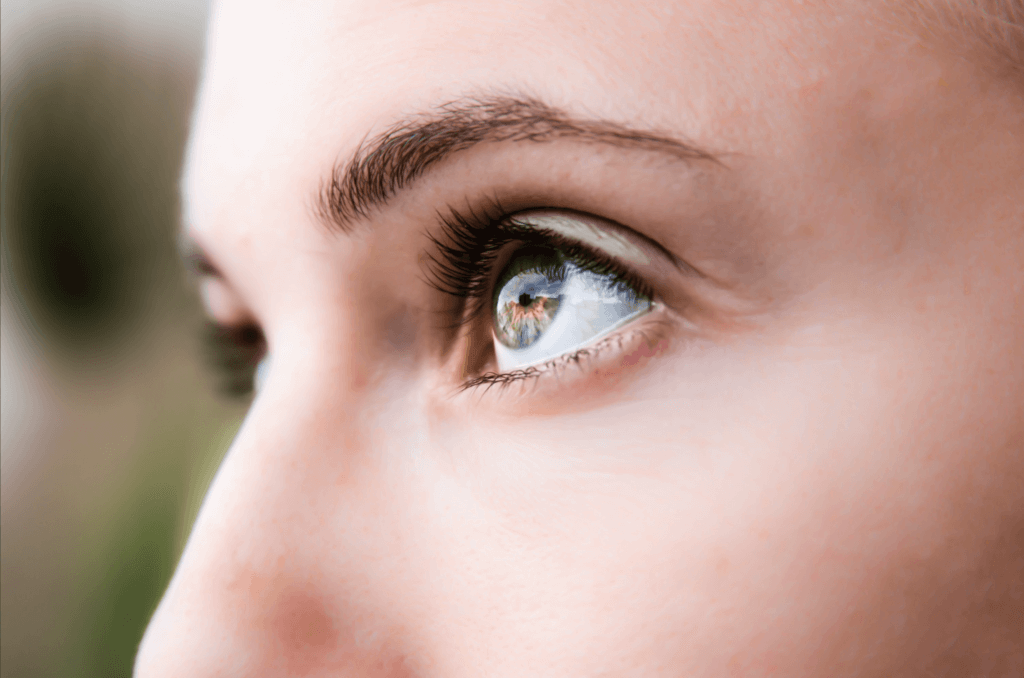Eye Allergies (Ocular Allergies) in Boca Raton, FL
What are Eye Allergies?
Around 50 million people in the U.S. suffer from seasonal allergies (often called hay fever) and endure bothersome, unpleasant symptoms. Sneezing, sniffling, and runny noses are well-known allergy indicators, but so are inflamed, teary, puffy, itchy eyes. When allergic reactions affect your eyes, it is called allergic conjunctivitis, often referred to as ocular or eye allergies. Eye allergies are extremely common and will impact most individuals with hay fever sometime or another. The irritation caused by eye allergies can present as mild to extreme; however, they almost always have easy treatments. At our practice in Boca Raton, FL, our team is experienced with many different eye allergy treatments. Get in touch with our team at Clewner & Kelly Eye Center to set up your consultation.
What Are the Symptoms of Eye Allergies?
Eye allergies are often the result of things such as tree pollen, pet dander, certain fragrances, cigarette smoke, and more. At Clewner & Kelly Eye Center, our ophthalmologists will start by performing an eye exam to make sure your symptoms are the result of allergies and not something else. In some cases, we may ask you to see an allergist to determine the trigger of your eye allergy. Some of the most common symptoms of eye allergies include:
- Watery eyes
- Irritation
- Puffy eyes
- Red eyes
- Itchiness or a prickling sensation
- Inflammation
- Soreness
- Light sensitivity
What Causes Eye Allergies?
Eye allergies are often actually your eyes defending themselves against the same allergens that trigger other common allergic reactions, like sneezing or an itchy nose. Generally, people with eye allergies are responding to different types of pollen, mold, dust, pet dander, or other basic airborne allergens. Often, patients can also have eye allergies to substances like fragrances, cigarettes, and cosmetics. Several types of allergens are frequently present on the hands, so touching the eyes typically intensifies the inflammation.
What are the risk factors for eye allergies?
Eye allergies are often triggered by the same irritants that cause sneezing and a runny nose among those with seasonal allergies. Key risk factors include a personal or family history of allergies, such as hay fever (allergic rhinitis), asthma, or eczema, which can increase susceptibility to eye allergens. Exposure to certain beauty products, contact lens solutions, or environmental irritants like chlorine in swimming pools can also heighten the risk. Seasonal variations often play a significant role, with symptoms peaking during high pollen seasons in spring and fall. Understanding and avoiding known triggers are crucial steps in managing eye allergies effectively.
How are eye allergies diagnosed?
Diagnosing eye allergies typically begins with a comprehensive eye exam conducted by an ophthalmologist to rule out other potential causes of your symptoms, such as infections or dry eye syndrome. During the exam, your ophthalmologist will assess your symptoms, including redness, itching, and tearing. In some cases, patients may be referred to an allergist for specific allergy testing to determine the exact allergens causing the reaction. This thorough approach ensures an accurate diagnosis and helps develop a tailored treatment plan to relieve symptoms. At Clewner & Kelly Eye Center, our specialists are equipped to diagnose and manage eye allergies effectively.
How are eye allergies treated?
Though eye allergies are mostly harmless, their symptoms can mimic other more serious conditions. Our team will need to do a comprehensive eye examination to exclude any other eye conditions before diagnosing you with allergies. Depending on your history, we may recommend visiting an allergy specialist to ascertain the particular triggers that could be causing your symptoms. The most effective way to dodge eye allergies is to limit your exposure to your allergens, though this may not always be easy or doable. In some instances, we may suggest an oral antihistamine. Individuals who wear contact lenses can often reduce their symptoms by switching to daily contacts, as airborne allergens will potentially build up on extended-wear lenses. For patients who have been disappointed with nonprescription eye drops, our team could prescribe eye drops or identify your condition as an infection and not allergies.
Eye Allergies FAQ
What are the symptoms of eye allergies?
The most common symptoms of eye allergies include itching, redness, swelling, and tearing. You may also experience sensitivity to light. As these symptoms can also be caused by a number of different eye diseases and conditions, it is important to see your eye doctor about your symptoms immediately.
What causes eye allergies?
Eye allergies may be caused by many different indoor and outdoor allergens such as pollen, mold, pet dander, and dust mites. The best way to identify your specific allergens would be to be tested by an allergist, but your eye doctor can help you treat and manage your eye allergy symptoms. At Clewner & Kelly Eye Center, we can help you experience eye allergy relief with various eye allergy treatments in Boca Raton, FL.
What can I do to manage my eye allergy symptoms?
We offer extensive eye allergy treatment in Boca Raton, FL, to help alleviate your symptoms, and we encourage you to seek professional help in obtaining eye allergy relief. Some of our suggestions for managing your condition at home include avoiding your allergens when possible, washing your face and hands often, practicing good hygiene with contact lenses, and refraining from rubbing your eyes.
How can I differentiate between eye allergies and other similar eye conditions?
Eye allergies share symptoms with other eye conditions, such as dry eyes or infections. To differentiate, look for allergic symptoms that occur seasonally or are triggered by specific environments, accompanied by nasal symptoms like sneezing and a runny nose. However, only a thorough examination by an eye doctor can provide an accurate diagnosis.
Are there any preventive measures I can take to reduce the risk of eye allergies?
Preventive measures can be very effective in managing eye allergies. Keeping windows closed during high pollen seasons, using air purifiers at home, and wearing sunglasses outdoors to block wind and allergens can significantly reduce exposure. Regular cleaning of air filters in your home and car also helps minimize the presence of allergens.
Can children suffer from eye allergies, and how are they treated?
Yes, children can also suffer from eye allergies, often reacting to the same allergens as adults. Treatment for children includes the same lifestyle adjustments recommended for adults, such as avoiding known allergens and maintaining clean hands and face. Medications might be prescribed, but typically at doses adjusted for children.
Receive Eye Allergy Relief
For most patients, eye allergies are uncomfortable and disruptive, but fortunately, there are many helpful options for eye allergy treatment in Boca Raton, FL. Our team treats patients on a case-by-case basis to be sure that they receive the optimal solution for their particular needs. Get in touch with us at Clewner & Kelly Eye Center if you are experiencing symptoms of eye allergies.
Related Posts
How Can Common Eye Conditions Be Prevented?
*Individual results are not guaranteed and may vary from person to person. Images may contain models.



